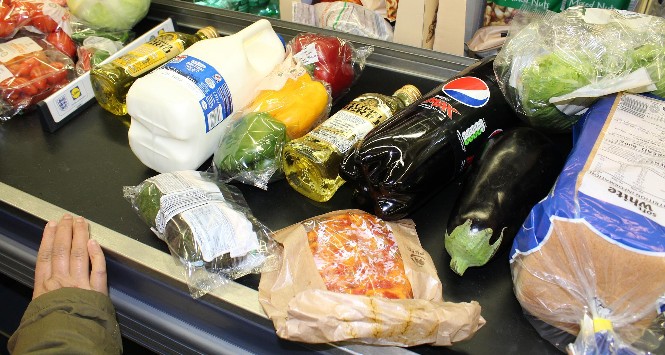A new survey by IGD has revealed how both suppliers and retailers have to invest in improving the skills of their staff to keep abreast of the pace of change in the food and drink industry and allow businesses to reach their full potential
by Mark Golder, Industry Development Director, IGD
Eight out of 10 (82% of) suppliers and retailers will place greater focus on building their teams’ skills over the next three years, according to the results of IGD’s Trading Relationships Survey 2015. Doing so will enable them to keep abreast of the rapid changes currently affecting the food and grocery industry.
These changes are driving differing training and development priorities between retailers and suppliers. IGD’s research has found the most important thing for retailers is that their teams are able to take a strategic view and understand the whole business (30%). This means that as well as focus on the functional expertise of their roles and their inherent understanding of shopper needs, retail teams should also continue developing their understanding of the complete process of retailing. Meanwhile, for suppliers, a requirement to better know the mindset of customers, consumers and shoppers comes out on top (32%).
The fact that the retailers and suppliers taking part in our survey identified quite different training and development priorities from one another makes sense. In such a rapidly evolving grocery market, retailers are now taking a much broader, more strategic view of the whole industry, which accounts for some of the changes and announcements we have seen recently. Conversely, suppliers are coming under increasing pressure to recognise new shopping habits and ensure that is reflected in the service they are offering their customers.
Grocery retailing is a complex and incredibly competitive business. Shop prices are currently trending downwards, which places enormous strain on both manufacturers and retailers to find new efficiencies and different ways of doing things, working together as an industry. This places a premium on skills. Technical skills are of course important, e.g. data analysis or forecasting, but soft skills are also important e.g. customer service, communication and leadership. Skills may make the difference between success and failure, for both retailers and suppliers. Both recognise this and continue to invest in their teams, despite enormous financial pressure.
For retailers, the top three priorities for developing skills in their teams are:
- Taking a strategic view and understanding the whole business (30%)
- Specific professional and technical skills (19%)
- Keeping up to date with market changes (15%)
For suppliers, the top three priorities for developing skills in their teams are:
- Understanding more deeply the mindset of customers/consumers/shoppers (32%)
- Taking a strategic view and understanding the whole business (19%)
- Communication, listening and negotiation (16%).







